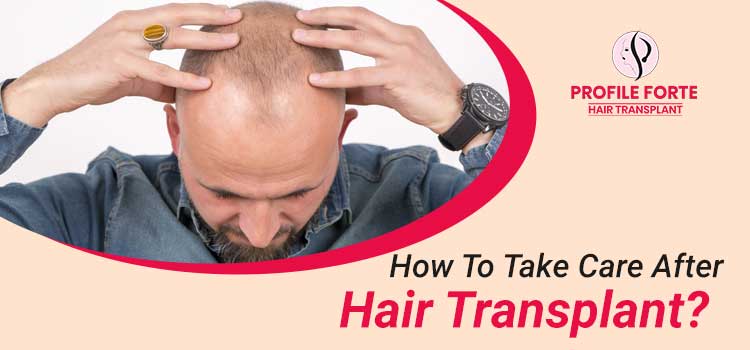Hair transplant: Ideal Solution To Address Hair Loss
Undoubtedly, undergoing a hair transplant is an ideal practice to address hair loss effectively. Initially, when you have to make the decision, it’s imperative to be as careful and informed as you can be. Choosing hair transplant surgery makes a practical choice by boosting your self-confidence and self-esteem. You must get your treatment of Hair Transplant in Punjab by consulting one of the leading hair restoration surgeons. You will have a better understanding of what to do after the surgery to ensure the road to recovery goes smoothly. Now, let’s familiarize yourself with all the necessary tips on ‘How to take care of your hair after the hair transplant surgery?’
Is itchy scalp normal after the hair transplant surgery?
YES! Itchy scalp is normal following surgery, and it can be for a few weeks & months. The itchy scalp will occur once the healing process starts. In most cases, an itchy scalp is expected when the healing process continues, and then again, you will notice the hair growth.
You mustn’t itch the scalp; otherwise, it can create problems, and the other process might not go the way you want it to. Patients usually have itchiness when the grafts are implanted, and then the grafts begin to grow. To reduce the severity of this condition, you should spray saline water on the scalp.
NOTE!
Hair Transplant Cost is respected to be different for every individual. Depending on how many grafts are required for your condition and considering other factors the cost is determined.
Is it normal to have a red scalp after a hair transplant?
After a hair transplant, a red scalp is normal. The healing phase is going to result in swelling & inflammation. Moreover, there will be scabbing around the incisions as the grafts are implanted. The scabs will fall off within a few weeks of getting surgery. It’s even possible that redness is noticed on the scalp as the healing phase continues. Usually, it takes around 2 to 3 weeks to subside, but if the patient has a sensitive scalp, it will be there for a few months.
What measures can I take to reduce the scalp redness?
Here are some measures which you should take to reduce scalp inflammation and redness:
- Do not rub the scalp, and make sure not to pick up on them.
- Always have a healthy diet and limit the amount of salt daily.
- Do not smoke and drink for a few weeks or months after the surgery.
- Use ice packs on the forehead & do not apply them directly on the transplanted hair grafts.
- Before stepping out in the sunlight, make sure that you cover the scalp so that it does not affect your scalp is not involved in any manner.
Following the surgery, it’s all-important that you consider every small suggestion given by the doctor. Taking into account all the essential factors provided by the surgeon will make a massive difference to your hair transplant results, or you can say it will occur at the desired time.




